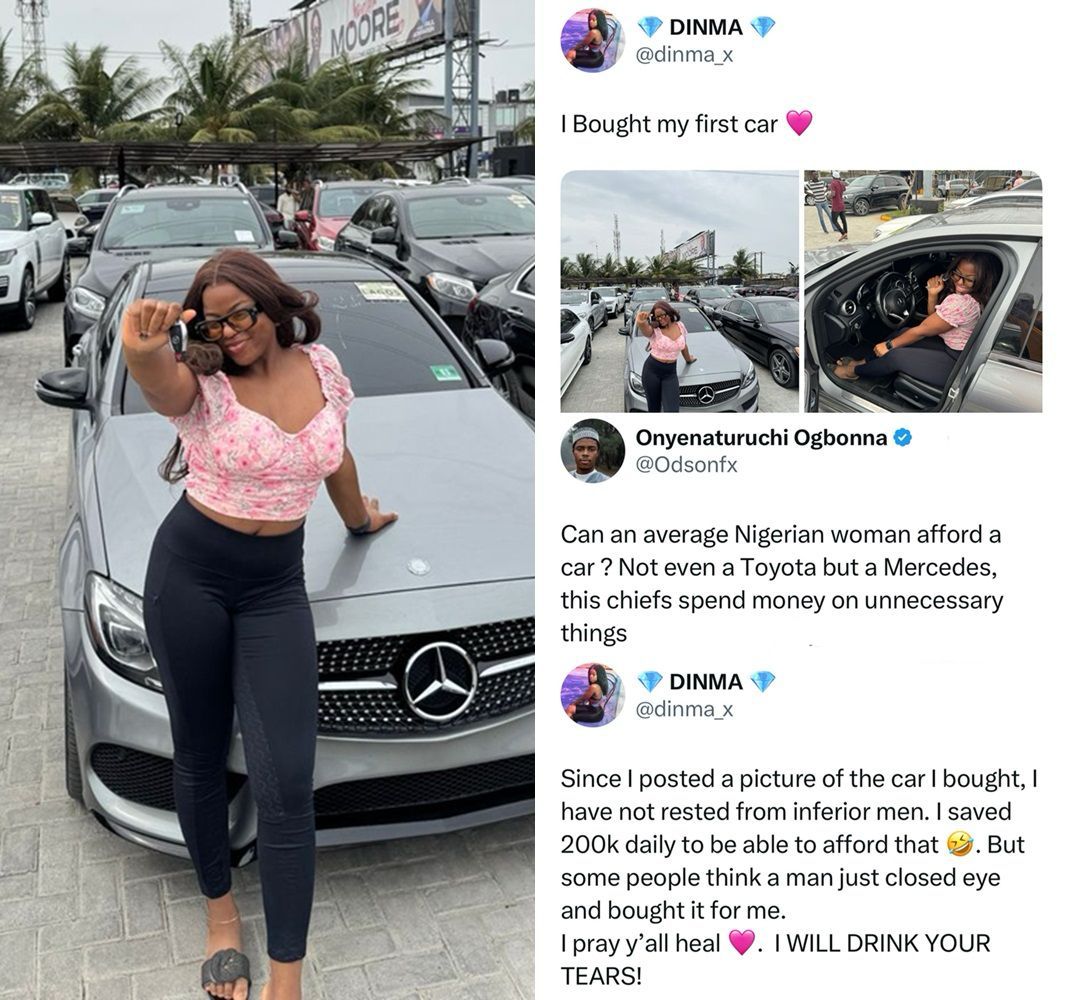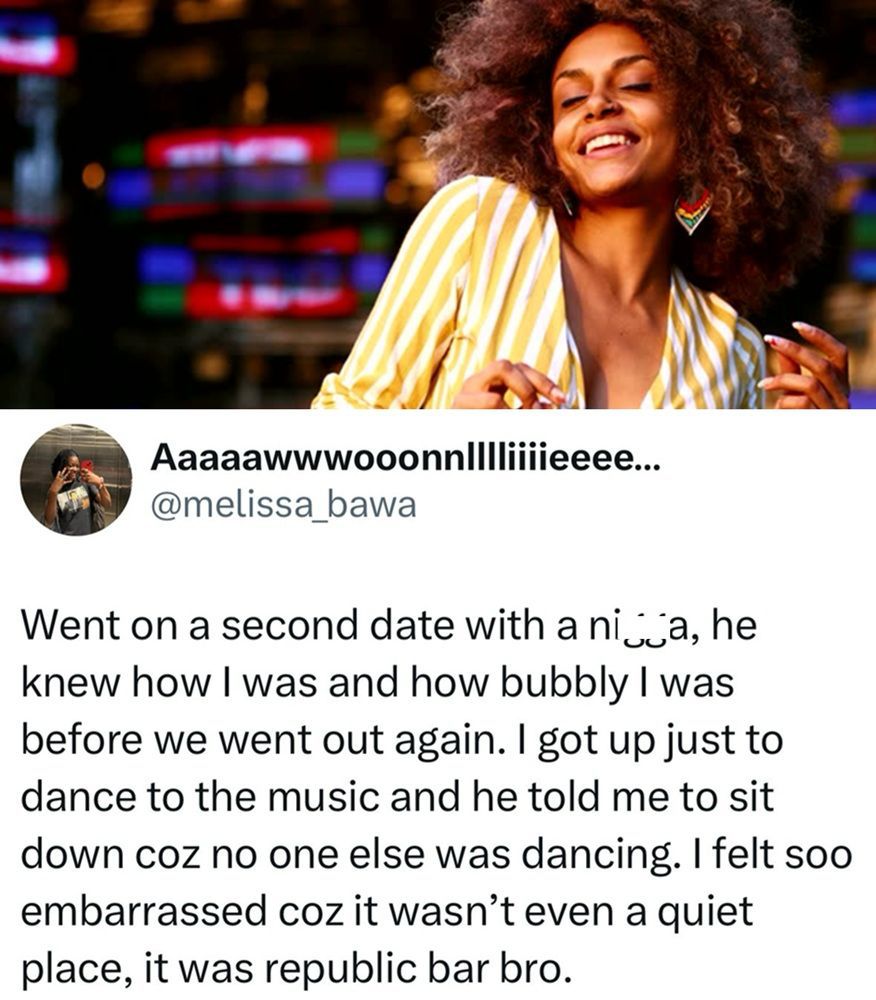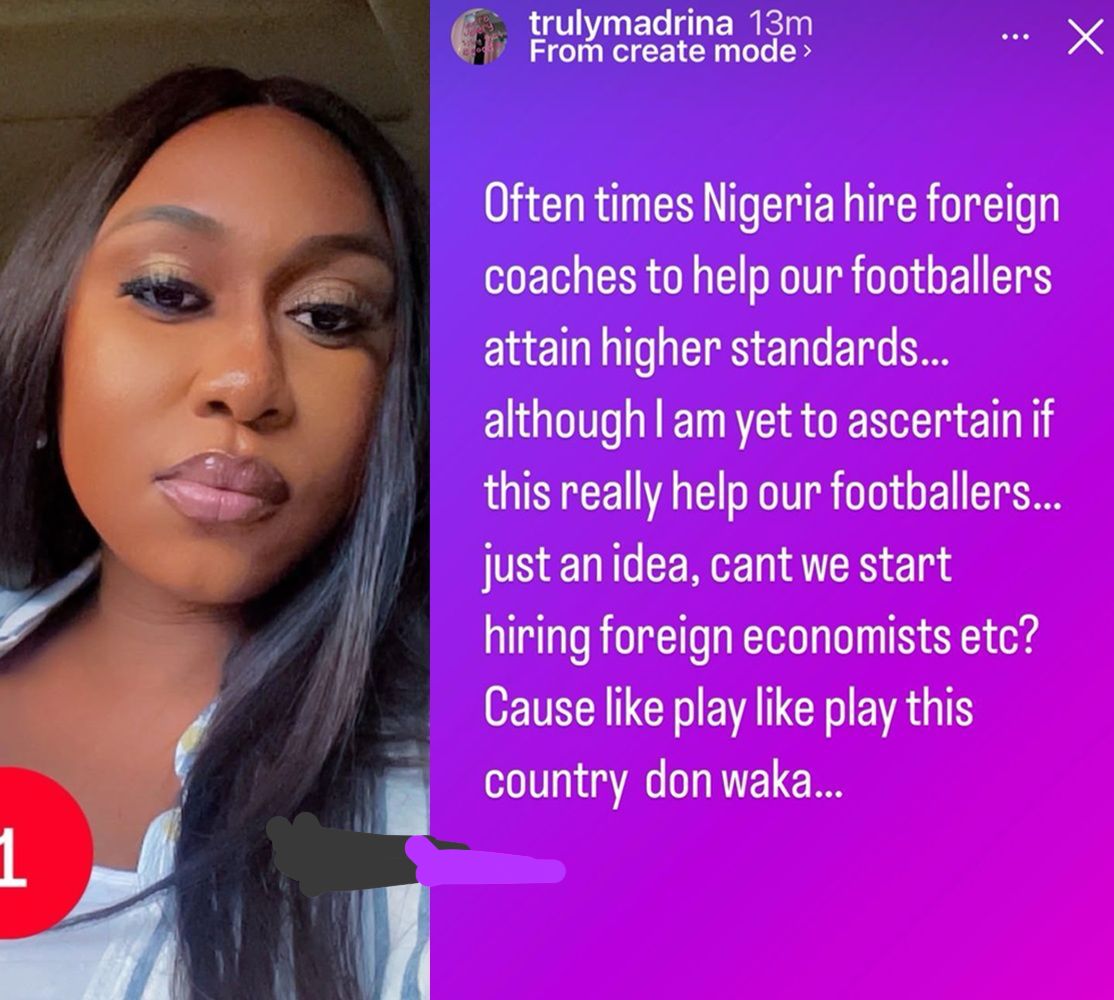
A Nigerian girl Claps Back at Critics Questioning Her Ability to Afford a Luxury Car

Nigerian social media has been set abuzz following a heated exchange between a woman named Dinma and a critic who questioned whether an average Nigerian woman could afford a luxury car on her own.
The controversy began when Dinma took to social media to proudly share the news of her latest achievement—purchasing her first car.
She posted a picture of her new vehicle with the caption, \"I bought my first car,\" expressing her excitement and sense of accomplishment.
While many congratulated her on the milestone, one particular comment stood out and ignited an intense debate on gender, finances, and societal expectations.
A user identified as Onyenaturuchi Ogbonna responded to Dinma’s post with skepticism, questioning whether the average Nigerian woman could truly afford such a luxury.
He wrote, \"Can an average Nigerian woman afford a car? Not even a Toyota but a Mercedes, these chiefs spend money on unnecessary things. \" His words implied that women, particularly in Nigeria, lacked the financial capability to make such major purchases independently.
Dinma did not hesitate to fire back, addressing what she saw as an attempt to discredit her hard work and financial discipline.
She responded, \"Since I posted a picture of the car I bought, I have not rested from inferior men. I saved 200k daily to be able to afford that. But some people think a man just closed eye and bought it for me. I pray y\'all heal. \"
Her sharp and unapologetic clapback quickly gained traction, with many social media users weighing in on the conversation.
Supporters of Dinma applauded her for standing up against the stereotype that women cannot achieve financial independence without the backing of a man.
Many pointed out that in today\'s society, more women are excelling in various fields, running businesses, and making smart financial decisions that allow them to afford luxuries previously thought to be beyond their reach.
However, others echoed Ogbonna’s sentiments, claiming that it was unrealistic for an average Nigerian woman to afford a luxury vehicle without external financial support.
They argued that the economic realities of the country make it difficult for even middle-class individuals to purchase high-end cars, let alone women who face additional barriers in the workplace and business sector.
The debate quickly expanded beyond just Dinma’s specific case and evolved into a broader discussion about gender roles, financial independence, and the expectations placed on women regarding money and success.
For years, there has been an underlying assumption that when a woman acquires a luxury item, it must have been funded by a man.
This belief, which many argue is rooted in patriarchy, has led to situations where successful women constantly have to prove that their achievements are the result of their own hard work.
Dinma’s revelation that she saved 200k daily to afford her car added a new layer to the discussion.
While some praised her discipline and financial management skills, others questioned the feasibility of such a savings plan, arguing that very few people could realistically save such an amount consistently without significant earnings.
Regardless of the skepticism, the discussion highlighted the growing shift in societal norms, with more women taking control of their finances and breaking away from outdated notions of dependency.
In response to the backlash, Dinma remained firm in her stance, refusing to entertain any doubts about her capability to afford the vehicle.
Her comment, \"I will drink your tears!\" further showcased her confidence and unwillingness to let naysayers undermine her achievement.
The viral exchange drew the attention of notable personalities, with some celebrities and influencers weighing in on the matter.
Several prominent female entrepreneurs and professionals shared their own stories of financial success, reinforcing the fact that women are capable of achieving financial milestones independently.
The discourse also shed light on the societal double standards that exist regarding wealth and gender.
While men who purchase luxury cars are often celebrated and assumed to have worked hard for their success, women in similar positions frequently face scrutiny and assumptions about receiving financial assistance.
This incident is just one of many instances where women have had to publicly defend their achievements against unwarranted doubts.
With the rise of social media, more women are using their platforms to challenge these stereotypes, proving that financial independence is not gender-exclusive.
The discussion also sparked conversations about financial literacy and the importance of money management.
Many users pointed out that regardless of gender, saving and investing wisely are key factors in affording luxuries and securing financial stability.
Some financial experts used the opportunity to educate people on realistic saving strategies, emphasizing the importance of budgeting, multiple income streams, and disciplined financial planning.
While the debate continues, one thing is clear—women in Nigeria and across the world are steadily breaking barriers and redefining financial success on their own terms.
Dinma’s response served as a powerful statement against outdated notions of dependency, inspiring many young women to pursue their financial goals unapologetically.
As more women continue to challenge societal expectations and assert their independence, conversations like these will remain relevant, ultimately contributing to a more progressive and inclusive perspective on financial achievement.


